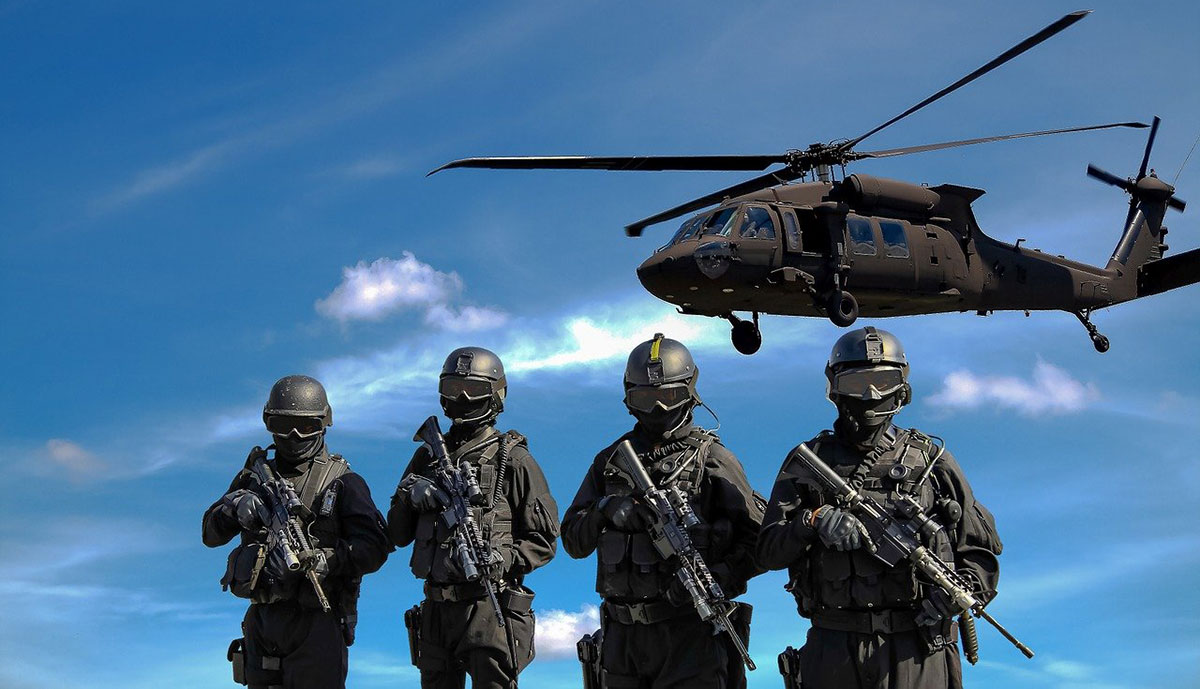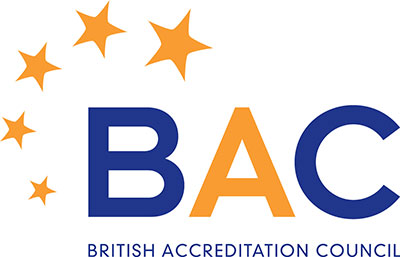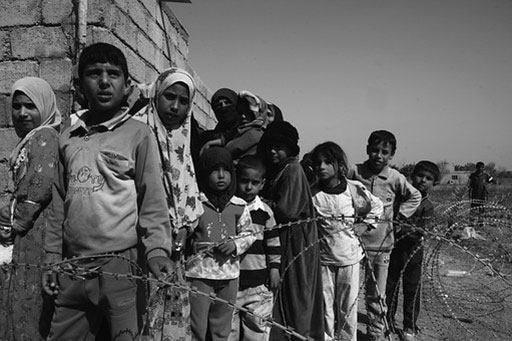Why our world is out of balance, part 1.
About the course “Wars and Pollution”
The consequences of the military on our environment are significant. How come that the huge military complex, that use a big part of state budgets and consume enormous amounts of oil and other resources, are not made to take their responsibility in cutting down to fight the Climate Crisis? To learn about this is one part of understanding the reasons for the Climate Crisis and the imbalance of our world....
My comments to the course “Wars and Pollution”
By Iasmin Maionchi from Brazil, Development Volunteer 10 month February team 2020
Today we have studied the relation between the Military and Global Warming and Climate Change. We learned about the size of the military industry and the consequences that they create in the world, specially when we think about Global Warming.
Some important facts:
- The US has the highest military budget in the whole world, with $ 693 billion, which equals 20% of the entire federal budget
- The U.S. military is among the top 3 largest polluters of U.S waterways
- Between 2010 – 2014, 28,7 million kg of poisonous substances were released in U.S. waters
- The Vietnam Red Cross estimates that Agent Orange (used in 70-s during the Vietnam war to destroy the forests where the guerilla was hiding) has affected 3 million Vietnamese people, including at least 150,000 children. Babies in Vietnam are still being born with birth defects due to Agent Orange
- During the Vietnam war, 3.640 km2 were sprayed with dangerous herbicides and defoliants, including agent orange
- USDOD (Unites States Department of Defense) has 4,127 installations spread across 19 million acres of American soil. Maureen Sullivan, who heads the Pentagon's environmental programmes, says her office contends with 39,000 contaminated sites
- In Iraq, 10 million gallons (45.460.900 litres) of oil were released into the Persian gulf.

The military's emissions not included
We discussed how the military is not being considered in the debate of Global Warming, in spite of its extremely high polluting activity. It happens because before the Paris Agreement in 2015 the countries don’t even need to consider the Army when reporting the CO2 emissions. Now they have to do that, but even so it is extremely difficult to find information about it, as we saw when none of us in the team were able to find about our own countries (Brazil, Argentina, Spain, Hungary. Lithuania)
Looking for information – but no result on Army emissions...
After this course, each of us had the task to research about the size of our countries' Army and the CO2 emission from its activity. From Brazil, I found out that:
- In 2019 the Brazilian Government spent R$ 75 bi or approximately $ 22 billion US dollars on National Defence
- It represents 6% of the Government expenses (not considering national debt) and 1,6% of the country's GDP
- From that budget, more than 70% is to cover payroll expenses
- Even though Brazil is the 12th country that invest most in its National Defence, we don’t have a very strong Army strategy or arsenal
- Bolsonaro last year allowed the first American Military base in Brazil
- All men must present to the Army when they are 18 years old, but usually they are not called to join
- I did not find information about the CO2 emission of Brazilian Army
My friends in the team from Portugal, Spain, Argentina, Hungary and Lithuania could also not find this information about their countries.
My conclusion
In my opinion, the USA is a criminal organisation that makes even more damage to the planet than I knew. It is important to consider the Military Industry when we are talking about Global Warming and Climate Change.
In the end, all the themes are connected in fighting against injustice, oppression and inequality.
It is very important to study this, because how to prevent wars and reduce pollution are two of the main issues today and we simply don’t have enough information and don’t talk much about it.
I learned a lot today.







